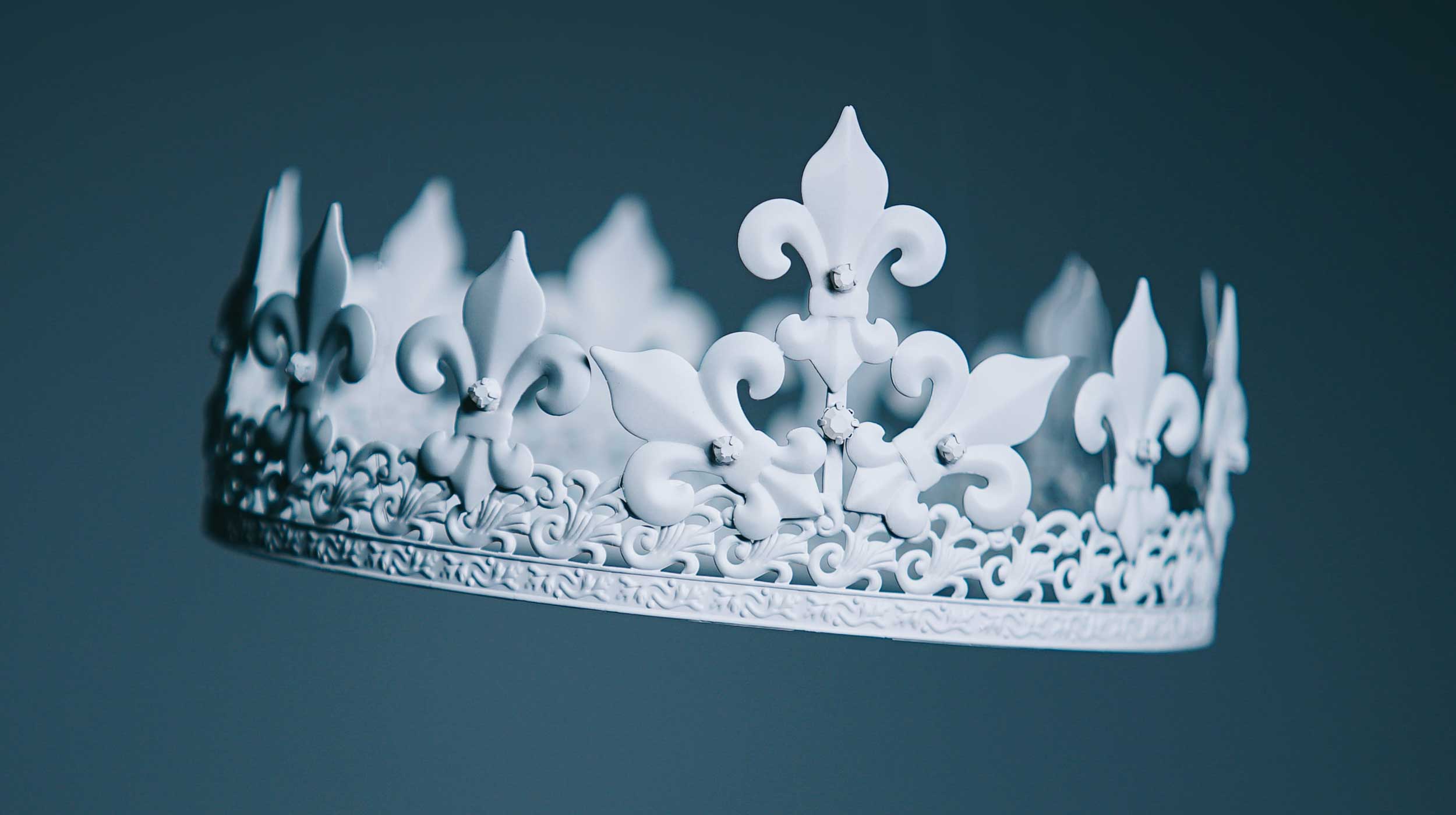In Britain, elite brands can qualify for an endorsement by the Queen
Queen Elizabeth’s Platinum Jubilee was celebrated across the length and breadth of Great Britain this past weekend. Millions turned out for the festivities, with zillions more tuning in from home. But the Queen’s 70th anniversary on the throne carried special meaning for Shield Pest Control, Corgi Hosiery, Stinking Bishop cheese, Armitage Pet Products and some 800 other UK companies in every imaginable field of endeavor, all recipients of the most coveted celebrity endorsement in the world—a Royal Warrant of Appointment.
A royal warrant is a document issued to select businesses that provide goods or services to the royal family—virtually any good or service you can think of (other than the professional ministrations of doctors, lawyers, bankers and such). Either the Queen or Prince Charles can bestow a royal warrant, which carries the right to promote one’s brand with the phrase “By appointment to [insert royal personage name here].”
Whatever field you’re in—elevator repair, waste disposal, horse feed, liquefied petroleum gas, kilts, puddings, steel-framed farm buildings, dry-cleaning, tiaras, luxury cars, breakfast cereals etc. etc.—you can apply for a royal warrant. To qualify, you’ll need to have provided your wares or services to a member of the royal household for at least five of the last seven years. Once bestowed, a royal warrant is good for five years, but can be renewed if all criteria continue to be met.
A royal warrant can go a long way toward burnishing one’s brand and competitive standing. While the financial bump is impossible to quantify, Brand Finance, a UK-based brand valuation consultancy, estimates that some companies attribute as much as 5% of their revenue to having a royal warrant.
Just as there are many ways to qualify for a royal warrant, there are at least as many ways to forfeit one. A warrant may not be renewed, or may be canceled outright, if the quality of the product or service declines, or if ownership of the business changes hands, say, through the departure of the owner or its acquisition by another company. Benson & Hedges forfeited its warrant in 1999 because “the Queen did not want to be seen to be endorsing products that killed her subjects,” according to The Guardian. And in 2015, Volkswagen lost out due to an emissions scandal that forced the recall of more than a million cars in the UK, including several in the royal fleet.
Bad manners can also be a deal killer. It’s permissible to display a royal warrant on a company’s products, signage, vehicles, letterhead, ads and marketing materials—but never in a vulgar or showy manner. “You would not be allowed to produce ‘Royal Oxford Marmalade’ with a coat of arms several times bigger than the word ‘marmalade,’ much less include a line that said, ‘As eaten by Her Majesty the Queen on toast for breakfast daily’” says author Tim Heald. “That would be very bad form indeed.”
Following the 2017 publication of her autobiography, June Keaton, director of luxury lingerie company Rigby & Peller and long-time bra-fitter to the Queen, was struck from the rolls on TMI grounds. While Buckingham Palace did not comment, it was generally understood that the book, Storm in a D-Cup, was overly revealing in its accounts of fittings with the Queen and other female members of the Royal household. Presumably they were not amused.
The origins of the royal warrant go back to 1155, when King Henry II (most famous for ordering the murder of Thomas Becket) gave a Royal Charter to the Worshipful Company of Weavers for clothing and wall hangings. Seven centuries later, Queen Victoria handed out some 2,000 royal warrants during her 63-year reign.
To date, Berry Bros. & Rudd, purveyors of fine wine and spirits, hold the unofficial record for longest-held royal warrants—they’ve been so honored since 1903. Their brand hardly needs another royal boost, but they’ll get one anyway this Jubilee summer. The company is marketing Taylor’s Very Very Old Tawny Port as its special Platinum Jubilee offering. A royal bargain at £352 a bottle.




